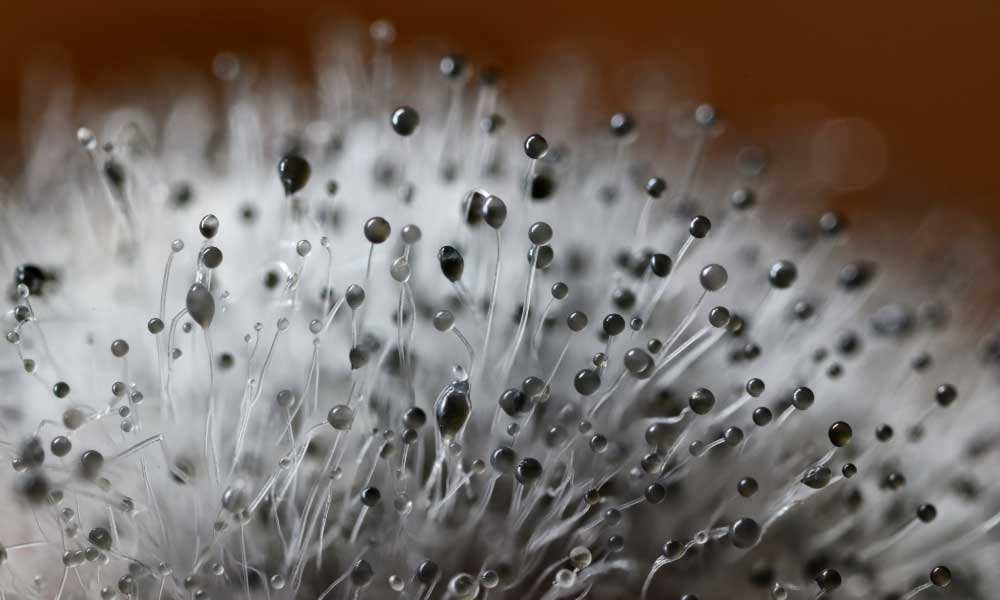
Description & Health Benefits
- Strawberries belong to the Rosaceae botanical family which includes many edible fruits such as apples, pears, apricots, cherries, raspberries, almonds, etc.
- Strawberries are an excellent source of vitamin C and manganese and a good source of fiber.
- Strawberries also contain antioxidant flavonoids. In research, flavonoids have demonstrated protective effects against chronic diseases such as cardiovascular disease due to their anti-inflammatory, anti-diabetic, anti-cancer, and neuroprotective qualities.
- Vitamin C, another antioxidant component of strawberries, is essential in the diet of humans since we don’t make it internally. Vitamin C is needed to create collagen which is essential for wound healing, and is necessary for protein metabolism, immune function and iron absorption.
- Manganese has many functions in the human body. It supports formation of connective tissue, bones, normal brain and nerve function as well as assisting with metabolism of fat and carbohydrates.
- Strawberries contain both soluble and insoluble fiber. Soluble fiber may assist in lowering cholesterol levels, while insoluble fiber promotes regularity and a health digestive system.
Purchasing, Selecting, Storing, and Preparing
- Purchase strawberries at a local grocer, farmers market, pick your own farm, or road side stand. In the Midwest, strawberries are typically in season during May and June, but they’re available year round.
- Strawberries can be purchased fresh, frozen, or dehydrated.
- Choose those that are firm to the touch, bright red and free from bruises or mold. If green, the strawberries are not ripe and will have minimal flavor.
- Refrigerate unwashed in your crisper drawer and use within 4 days. Wash prior to using.
- If you pick or purchase in bulk, wash and discard green stems. Pat dry with a paper towel and freeze in a single layer on a baking sheet; once frozen, place strawberries in a plastic freezer bag and use for smoothies or other desserts.
- Strawberries can also be made into jam or jelly and canned.
Nutrition Facts
(1 cup fresh, whole strawberries)
Calories: 46 | Protein: 1.0 g | Fat: 0.43 g | Carbohydrate: 11.0 g | Fiber: 2.9 g | Calcium: 23 mg | Magnesium: 19 mg | Potassium: 220 mg | Vitamin C: 84.7 mg | Folate: 35 μg | Vitamin A: 17 IU
ndb.nal.usda.gov
Recipes
Request an Appointment
